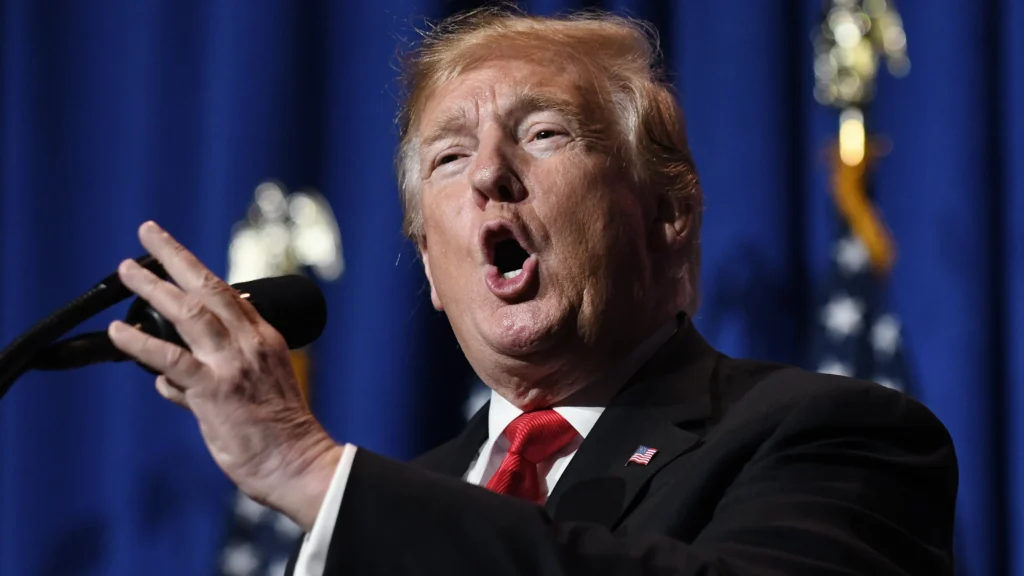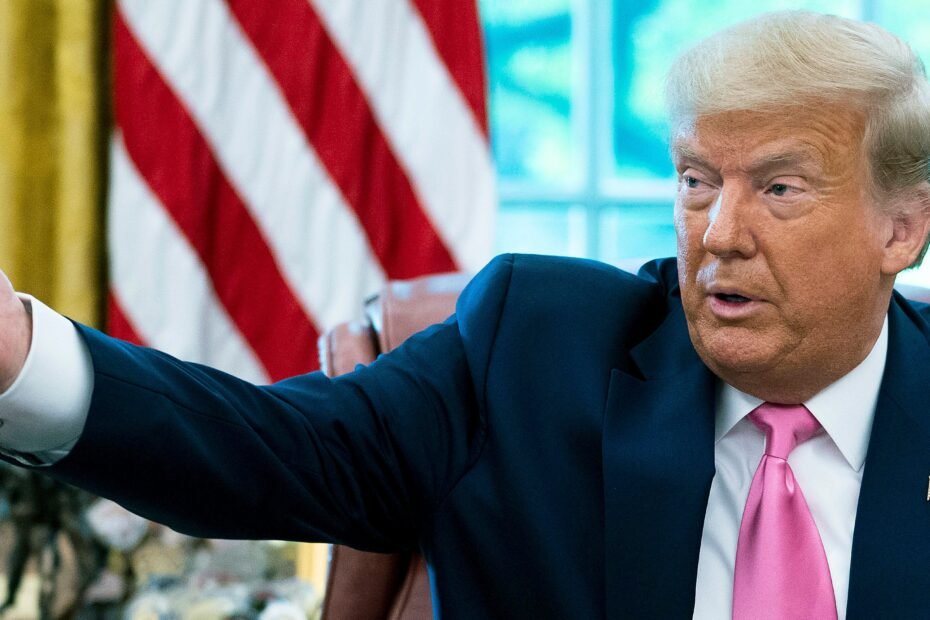In a surprising turn of events, a Democratic congressman, who previously voted to impeach Donald Trump, has criticized the efforts to prevent Trump from appearing on the ballot in upcoming elections. The move to exclude Trump has garnered attention and criticism from within the Democratic Party, with warnings of potential consequences for the party in the future. Fox News contributor and former Speaker of the House, Newt Gingrich, shared insights on the matter, emphasizing the broader implications beyond partisan politics.*
Challenges to Trump’s Candidacy Prompt Intra-Party Criticism
Recent actions aimed at keeping Donald Trump off the ballot have sparked internal disagreement within the Democratic Party. A Democratic congressman, who had previously supported efforts to impeach Trump, has spoken out against the move, highlighting concerns about the dangerous precedent it sets. The congressman suggests that until Trump is found guilty of specific charges, preventing him from running constitutes a threat to democratic principles.
A Nation of Laws and the Importance of Due Process
The Democratic congressman, in his statement, underscores the principle that the United States is a “nation of laws.” He argues that unless Trump is proven guilty of the crime of insurrection, a charge that appears unlikely, he should be allowed on the ballot. The emphasis on due process and the presumption of innocence until proven guilty is central to the congressman’s critique of the move to exclude Trump.

Warnings of a Dangerous Precedent
The criticism extends beyond the immediate political implications, with the congressman expressing concern about the dangerous precedent such actions could set. While acknowledging the uniqueness of Trump’s case, the congressman emphasizes the broader impact on the democratic process. This dissent within the Democratic Party suggests a recognition of the potential repercussions of sidelining a political figure without a legal conviction.
The report mentions Sheena Bellow, a figure associated with efforts to prevent Trump from appearing on ballots. Despite the criticism from within her own party, Bellow’s actions are described as seeking attention and potentially enjoying a fleeting moment of fame. The acknowledgment of this dynamic reflects the complexity of motives and strategies at play in the current political landscape.
Former Speaker of the House, Newt Gingrich, provided additional insights into the situation, framing it as a broader conflict beyond the scope of partisan battles. Gingrich contends that the actions against Trump are not merely a war against him but an assault on the American people. He identifies a collective effort by left-wing groups, funded by figures like George Soros and organizations like the Ford Foundation, to reshape America fundamentally.
Gingrich draws attention to what he perceives as a totalitarian left seeking to impose its ideology on various aspects of American life. From immigration policies to education and societal values, he argues that the left is determined to transform the nation into a different entity. The attack on Trump, according to Gingrich, is symbolic of a broader assault on the principles and values cherished by many Americans.
Gingrich highlights a growing divide between the Democratic Party and everyday Americans. He references instances where prominent Democrats, such as Hillary Clinton and Barack Obama, expressed contempt for certain segments of the population. The disconnect, Gingrich suggests, is contributing to the shrinking influence of the left as more Americans reject what they perceive as an elitist attitude.
Despite the challenges and polarization, there is a recognition of potential silver linings. The dissent within the Democratic Party, combined with a broader rejection of certain left-wing ideologies, could indicate a diminishing influence of radical elements. Gingrich suggests that a smaller portion of the population aligning with extreme views might lead to a more balanced political landscape.
As the controversy surrounding Trump’s eligibility for the ballot unfolds, the Democratic Party faces internal tensions and warnings about the potential consequences of excluding a political figure without due process. Newt Gingrich’s analysis provides a broader perspective on the ideological battles shaping the political landscape, emphasizing the importance of preserving democratic principles amidst shifting dynamics.
